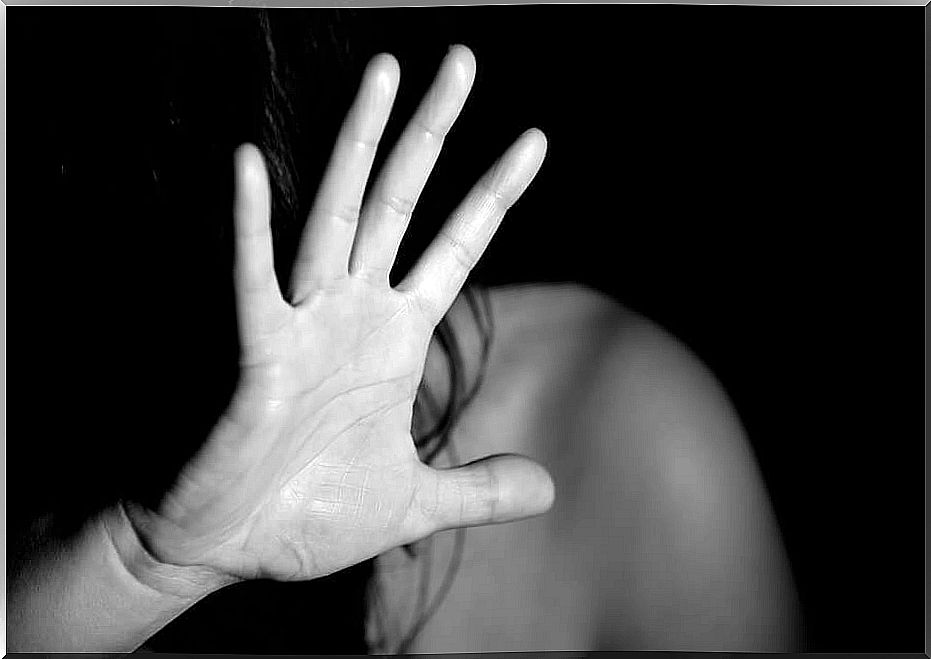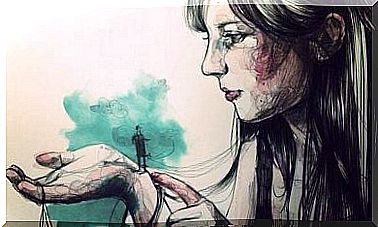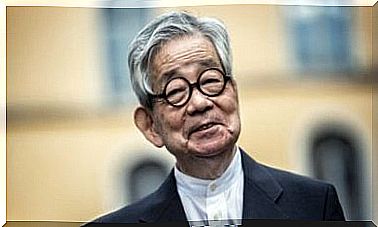In The Face Of Oppression, Do Not Use Violence

By oppression is meant the domination of one group by another, imposed by an asymmetrical power and often reinforced by hostile conditions such as threats or even real violence. To be oppressed is to see that another group, which is more powerful, threatens or attacks our own group. It is feeling humiliated and insulted, feeling that you have fewer opportunities and that the laws are not applied equally.
Is it enough to be oppressed for violence to break out? Initially, oppression was considered to be the cause that provoked violence. This theory finds its roots in the frustration-aggression and relative deprivation hypotheses. These hypotheses propose that oppression, frustration and humiliation are some of the variables that trigger violence.
The frustration-aggression theory
One of the first theories that served to explain how violence arose was the frustration-aggression theory . This theory stated that aggressions are always the product of frustration . However, this was not demonstrated in reality.

The data indicated that frustration did not inevitably lead to aggression, frustrated people had no need to use violence. On certain occasions, the frustration ended with the solution of the problem and on other occasions, the violence occurred without the presence of frustration. It could arise, for example, from the intolerance or misinformation of those who used it.
Therefore, it is not logical to consider frustration as a necessary and sufficient factor to cause aggression. Thus, the theory was reformulated so that only aversive frustration under threat would be the one that could lead to aggression. In this way, frustration could foster anger and hatred. In turn, these emotional states, faced with a threat, would be the ones that would produce the aggression.
However, this new proposal doesn’t seem to happen all the time either. Frustration under threat may facilitate aggression, but it will not determine aggressive behavior.
relative deprivation
Faced with the failure of the frustration-aggression theory, a new theory emerged, that of relative deprivation. She understands frustration as a state brought on by relative deprivation. Relative deprivation is a distorted perception of needs. It consists in believing that someone deprives us of a need or a right. According to this theory, revolt would arise when a person cannot stand the unequal conditions that he or she lives in his group.
Over time, it has been found that relative deprivation can facilitate certain attitudes, even violence, especially among members of a social class or an oppressed group. However, that does not mean that it can be considered a triggering factor for violence. While poverty and economic inequality can lead to violence, this will not always, not even in most cases, occur.

The observed oppression
The observed oppression, by itself, is not an imperative or sufficient reason for violence to occur. Still, it is a cognitive-emotional variable that constitutes a potential risk factor. Oppression doesn’t have to be real, it can be felt. Believing that another group threatens us may be enough to make us feel overwhelmed. The concept of oppression encompasses previous theories, so it includes negative feelings, such as frustration, and cognitive sensations, such as deprivation.
However, although oppression is not necessarily part of the cocktail of factors that end up precipitating violent behavior, it is closely related to some clinical conditions, such as anxiety or even depression. In addition, people who feel oppressed often develop greater emotional stress, which plays an important role in supporting violence.









